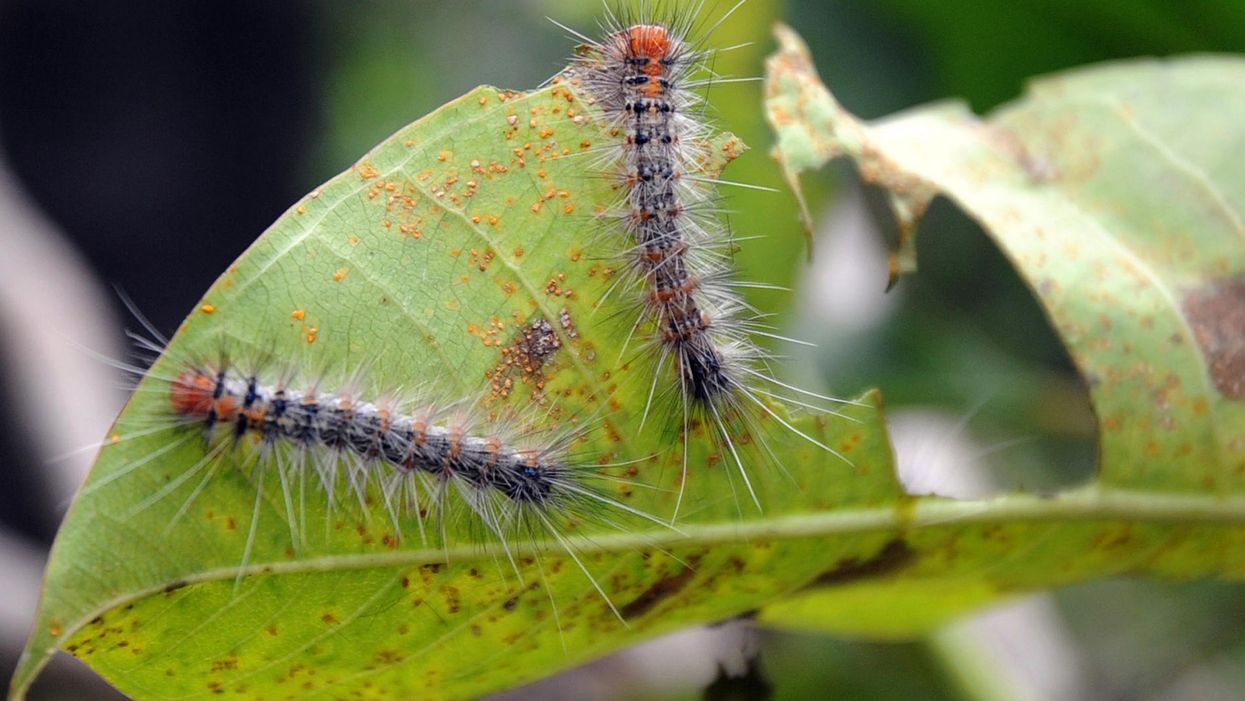News
Bridie Pearson-Jones
Apr 03, 2017

Picture:
SONNY TUMBELAKA/AFP/Getty Images
Feeling smug about your vegan lifestyle?
This will give you pause for thought.
Research from the University of Missouri has shown that plants can sense when they're going to be eaten - and they don't like it.
The study was carried out on Arabidopsis (commonly known as thale cress) a close relation to kale and broccoli.
The researchers took a audio recording of the vibrations a caterpillar makes when it eats the leaves of the plant - with the working theory that plants could feel or hear vibrations in some way.
The researchers controlled the experiment by coming up with other vibrations that simulated natural vibrations such as wind noise that the plant might encounter.
Amazingly, thale cress produces mildly toxic mustard oils when eaten and sends them throughout its leaves to try to keep the predators - such as caterpillars - away.
The research found that when the plants felt or heard "munching vibrations" from the caterpillar, they sent out extra mustard oils, but didn't react when "natural vibrations" were heard.
Heidi Appel, senior research scientist in the Division of Plant Sciences in the College of Agriculture, Food and Natural Resources and the Bond Life Sciences Centre at the University of Missouri said:
Previous research has investigated how plants respond to acoustic energy, including music
However, our work is the first example of how plants respond to an ecologically relevant vibration.
We found that feeding vibrations signal changes in the plant cells' metabolism, creating more defensive chemicals that can repel attacks from caterpillars.
More: Vegans are actually killing lots of animals, naturalist claims
Top 100
The Conversation (0)













